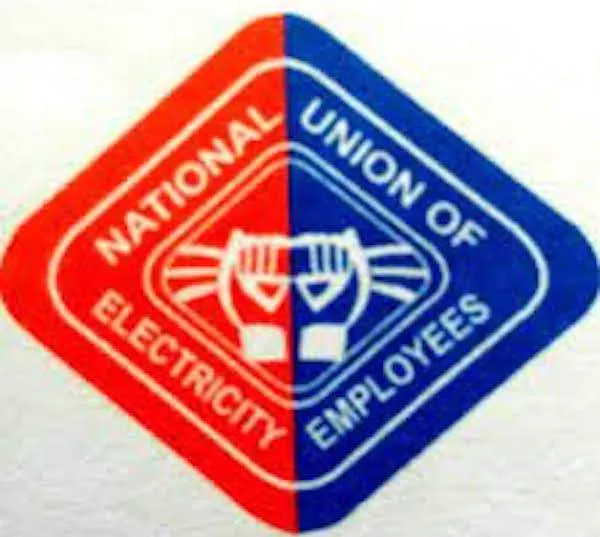
The National Union of Electricity Employees (NUEE) has asked the federal government to withdrawal the new increase of tariff, saying it will push the price of goods upwards and affect the poor.
Recall that the Nigerian Electricity Regulatory Commission (NERC) had, on April 3, increased electricity tariff for customers enjoying 20 hours of power supply daily, who are said to be under the "Band A" classification.
With the tariff increase, these customers are paying N225 kilowatt per hour from the current N66.
In a letter to the Minister of Power, NUEE described the increase as absurd for a country already facing steep increases in prices of goods and services.
The letter, signed by the union's acting General Secretary, Dominic Igwebike, said the increase would inadvertently push citizens to purchase foreign products as local products are beyond their reach.
The union said this would force companies that could withstand the low patronage would close down.
While calling for the withdrawal of the new tariff as it is not beneficial to Nigerians, NUEE said the safety of its members was at stake and at the risk of being attacked by people in the community when they visit for disconnections.
It alleged that the minister did not seek the input of stakeholders before the decision was made.
The statement read: "The recent hike in electricity tariff from N68 /kwh to N225 /kwh is absurd in a country where the majority of the masses are grappling with basic survival and an electricity access rate of about 55%.
"The justification given by NERC is that the hike is attributed to only Band A consumers who make up only 15% of electricity consumers and utilize 40% of the nation's electricity consumption.
"It begs to understand the sensibility of the person(s) that uttered such a statement purporting that it would not affect the general public.
"They need to answer these questions: Who are the Band A consumers? What do they do? Who are the customers of the Band A consumers? Who bears the brunt of the electricity hike? The general public is the one that will be most affected by this.
"They are the customers and end [1] users of the Band A products and services. The additional costs will be transferred to the common man, so they are indirectly being exploited, notwithstanding their dwindling purchasing power and increasing impoverishment."
"The Honourable Minister of Power and NERC didn't consult with the stakeholders in the sector before the increase. What of Service Reflective Tariffs as it relates to consumers? We, as a stakeholder, do not know the energy policy of this present administration.
"As a critical stakeholder in the power sector who is concerned with Nigerians getting constant and affordable power supply, we state categorically that the hike in the electricity tariff is not beneficial to Nigerians and should be withdrawn."
Meanwhile, the electricity generation in the country has nosedived to 2,775 megawatts, MW, yesterday, a 32.3 per cent decline from 4,099.87MW recorded last week.
This was contained in the data released by the Nigeria Electricity System Operator, NESO, a semi-autonomous unit of the Transmission Company of Nigeria, TCN.
Information supplied by the Independent System Operator, ISO, showed that as of 6 pm yesterday, load allocation to the eleven DisCos which stood at 2,775.00 Megawatts gave Abuja Disco the highest allocation at 428MW, followed by Ikeja Electric at 422MW, Eko Disco at 359MW, Ibadan Disco at 335MW, Benin Disco at 227MW and Enugu Disco at 200MW.
The distribution companies with the lowest allocation were Yola Disco at 79MW, Jos Disco at 158MW, Kaduna Disco at 181MW, Kano Disco at 188MW and Port Harcourt Disco at 198MW.

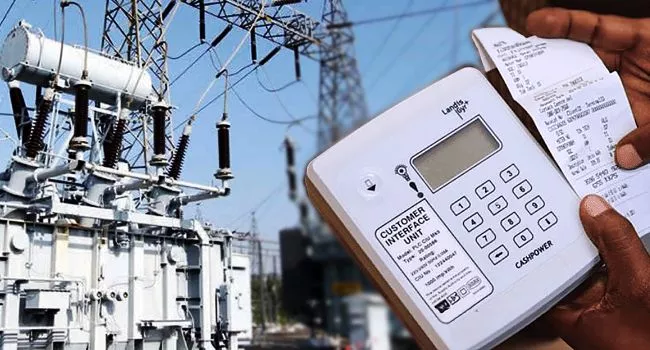
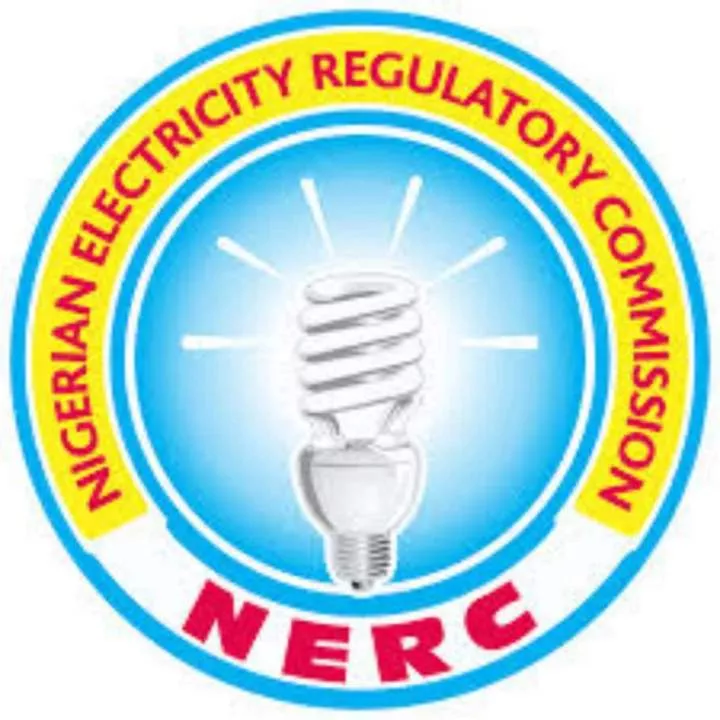
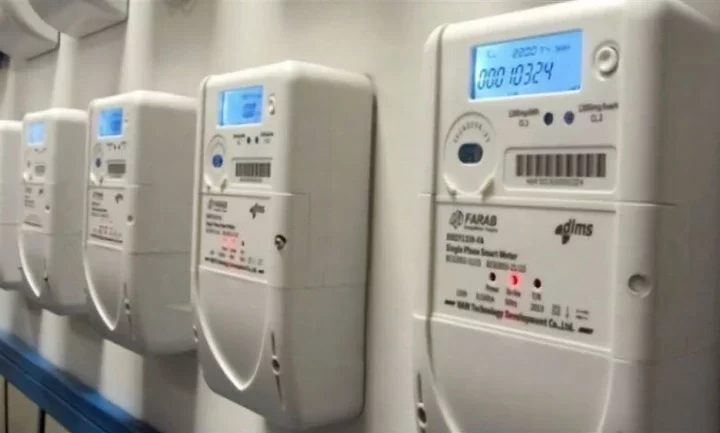
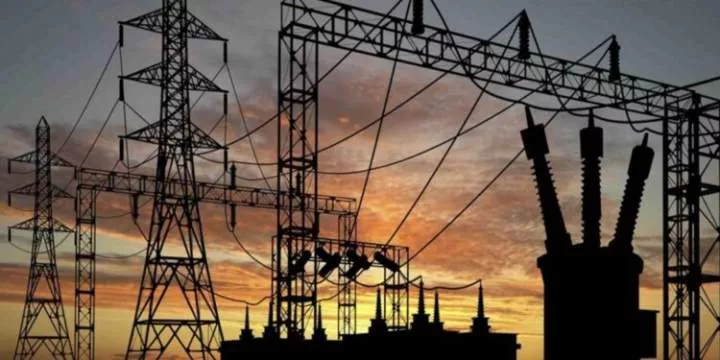
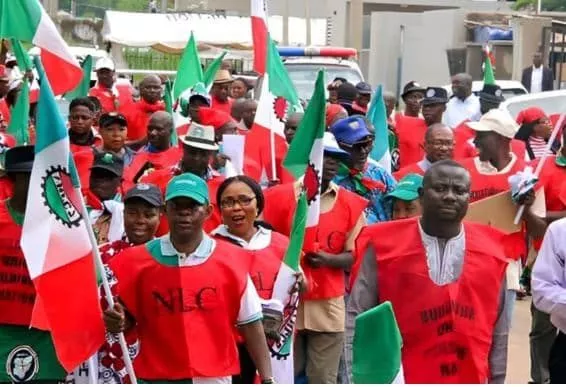
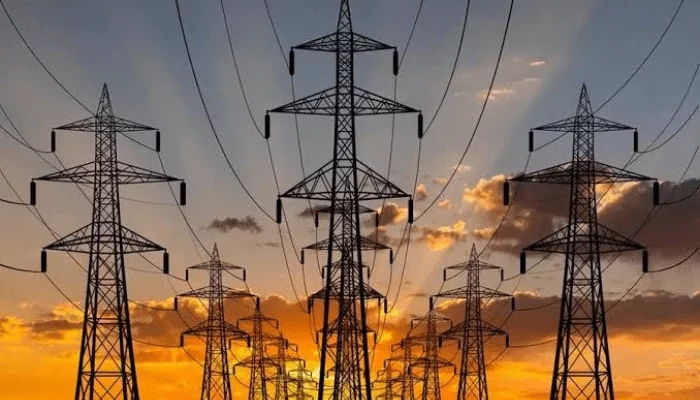
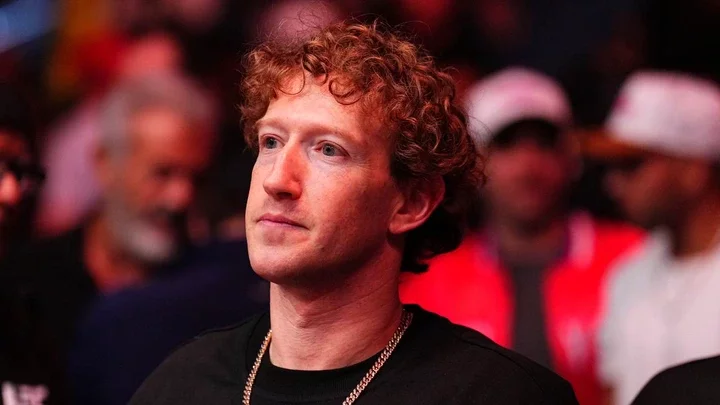
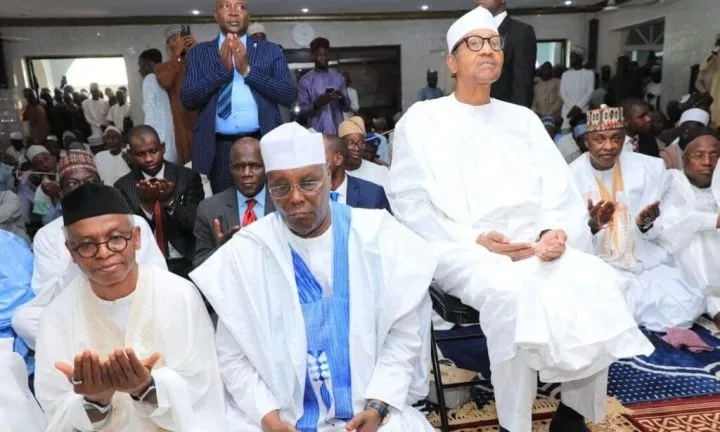

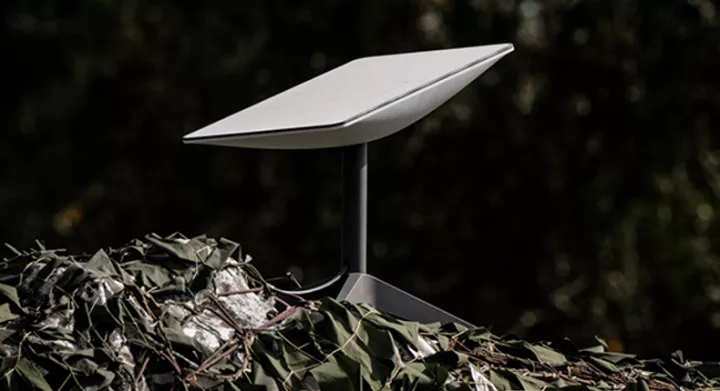



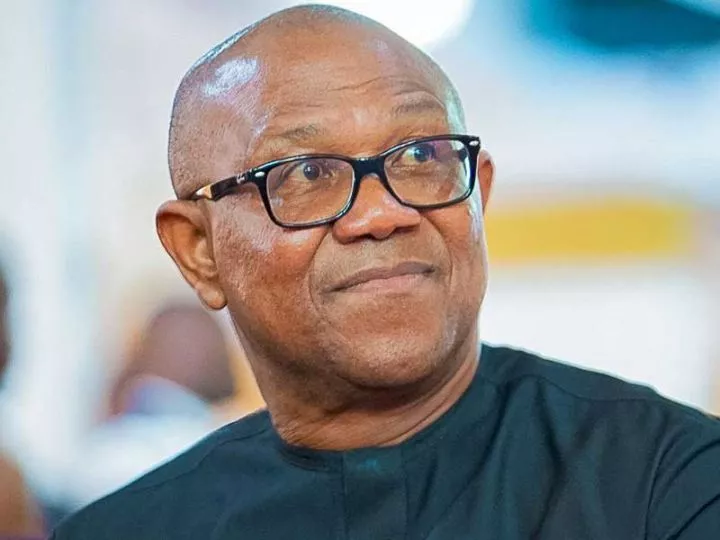


Comments